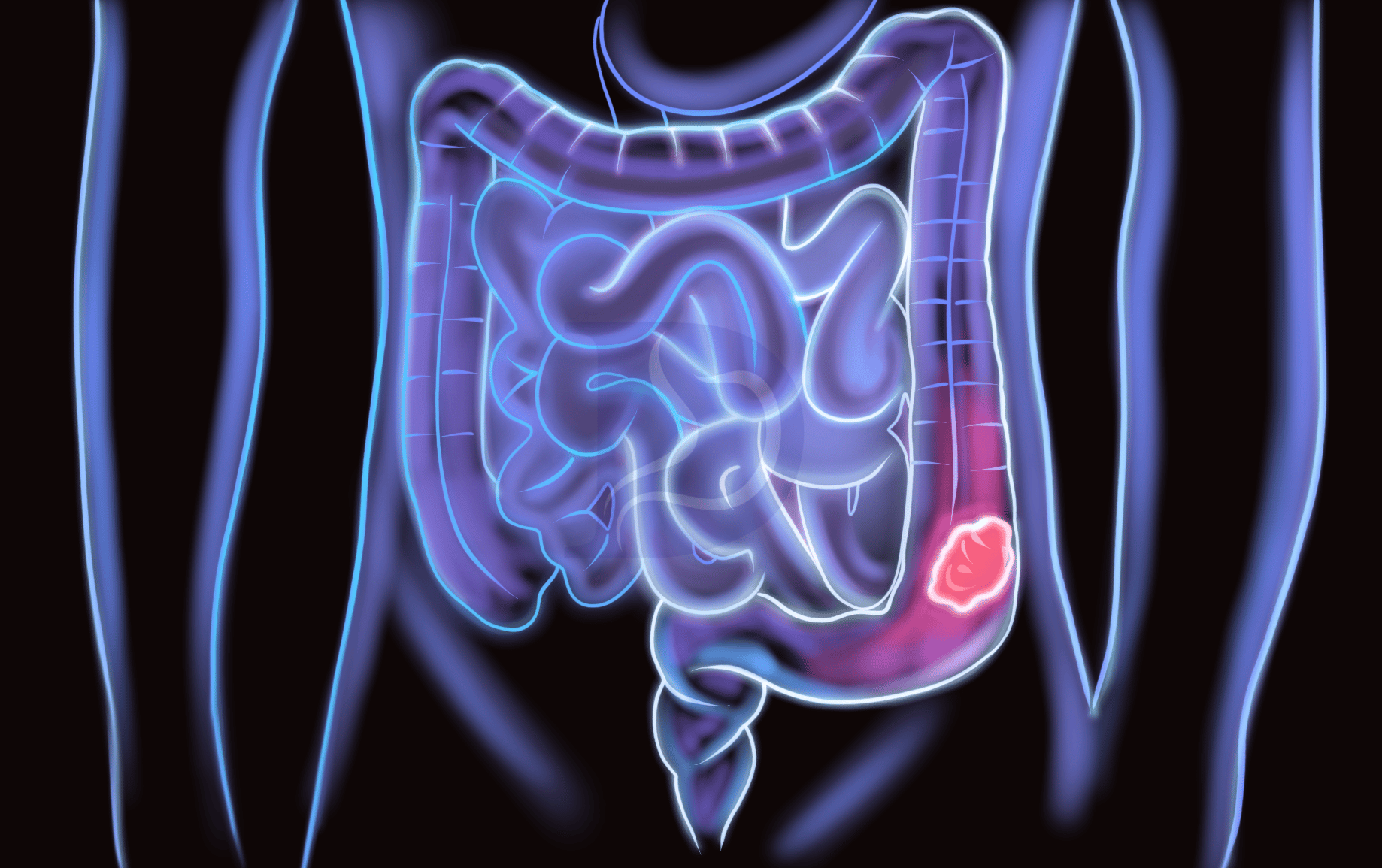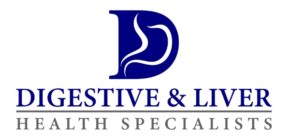Even though colon cancer can be prevented with screening, it’s the third most common type of cancer in American women and men. The team at Digestive & Liver Health Specialists provides the gold standard of colon cancer screening – colonoscopy – which can be used to identify and eliminate polyps before they become cancerous. If you’re aged 45-50, it’s time to schedule your colon cancer screening. Call one of the offices in Nashville, Hendersonville, or Smyrna, Tennessee or schedule an appointment online today.

Is colon cancer preventable?
Most colon cancers begin as noncancerous polyps. When cells in the polyps grow too rapidly, they turn into cancerous tumors. You can prevent colon cancer with screening to detect and remove polyps before they become cancerous.
When should I get colon cancer screening?
If your risk of colon cancer is average, the American Cancer Society recommends getting your first screening at the age of 45 and continuing with regular screening until you’re 75 years old.
Your doctor at Digestive & Liver Health Specialists may recommend earlier screening if you have risk factors, such as a:
- Personal history of colon polyps or colorectal cancer
- Family history of colorectal cancer
- Personal history of inflammatory bowel disease
- Confirmed or suspected hereditary colorectal cancer syndrome
- Personal history of radiation treatment in the abdominal or pelvic areas
If you’re age 76 or older, the decision about colon cancer screening is based on your personal preferences, overall health, and prior screening history.
What should I know about colon cancer symptoms?
The most important thing to know is that you should never wait for symptoms before considering colon cancer screening. The reason being that colon cancer doesn’t cause symptoms at an early stage.
By the time you experience symptoms such as blood in your stool, abdominal pain, and changes in bowel habits, chances are the cancer has already spread to nearby tissues.
What types of colon cancer screening might I receive?
There are two basic types of colon cancer screening tests: stool-based and visual examination using a colonoscopy. Some stool-based tests check for hidden blood in your stool, while others look for signs of abnormal DNA.
While you may choose a stool test for your initial screening, it won’t diagnose cancer. If a stool test is positive, you’ll need to have a colonoscopy to diagnose the exact cause of the problem.
What happens during a colonoscopy?
During a colonoscopy, your doctor at Digestive & Liver Health Specialists detects and removes polyps. In addition to removing them before cancer begins, this procedure can also cure colon cancer by eliminating polyps before cancer can spread.
Your procedure is performed using a narrow, flexible fiber optic tube, the colonoscope, which contains a small camera that gives your doctor an excellent view of your large intestine.
Your doctor gently guides the colonoscope through the large intestine, carefully examining the intestinal lining. Then the scope is gradually pulled back out of the large intestine. Along the way, polyps are removed along with some of the surrounding tissue, if necessary.
If it’s time for your colon cancer screening, call Digestive & Liver Health Specialists or schedule an appointment online.

